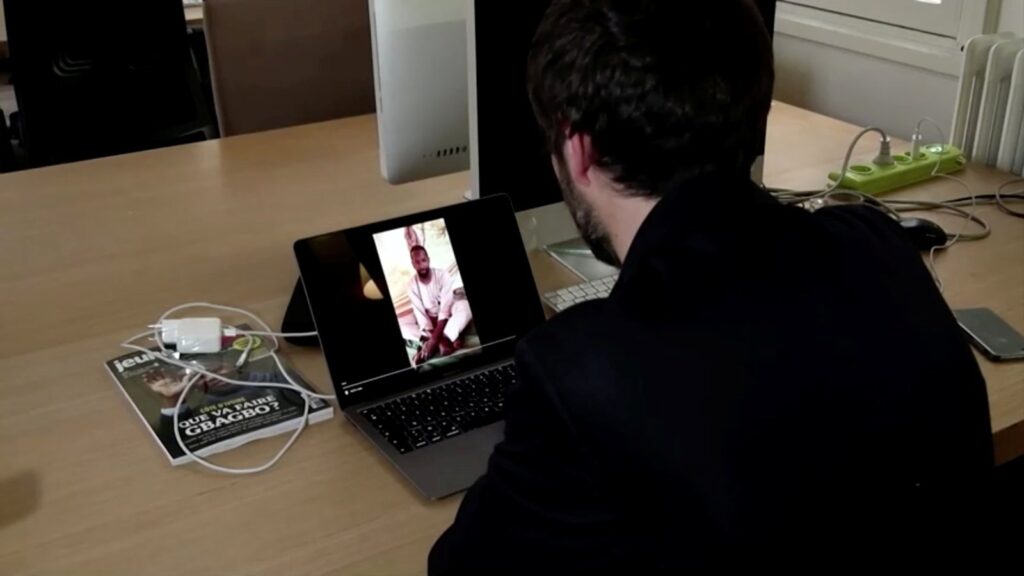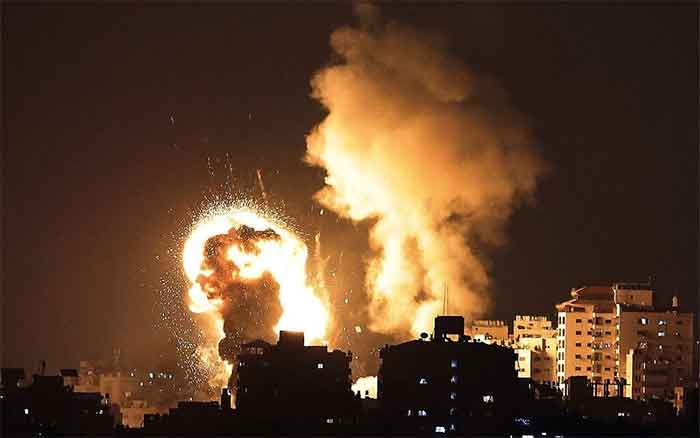La présence en Ituri et au Nord-Kivu d’officiers congolais recherchés par la justice militaire pour des crimes graves mais jamais traduits en justice, empoisonne les relations entre l’ONU et l’armée congolaise, empêchant un plein soutien aux opérations. Et ce alors que la population les accuse de ne pas faire assez pour mettre un terme aux massacres. Enquête.
Le 20 juillet 2009, le major Egide Ngoy, commandant de la base navale de Moliro, sur les bords du lac Tanganyika, fait arrêter à Moba, à près de 300 kilomètres de là, un homme qui se ferait passer pour le frère du président Joseph Kabila. Raison officielle : trafic d’influence. Il jette aussi dans le cachot des FARDC de Moba Port deux femmes. L’une d’elles, tout juste âgée de 21 ans, s’avère être l’épouse du présumé usurpateur. Le lendemain dans la soirée, le major décide de la faire venir à l’hôtel Munaka où il a établi ses quartiers. Il prétend vouloir prendre sa déposition, mais la viole, selon les dires de la jeune femme.


